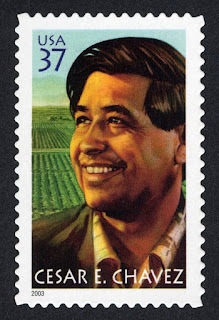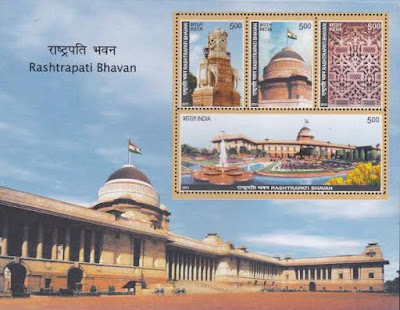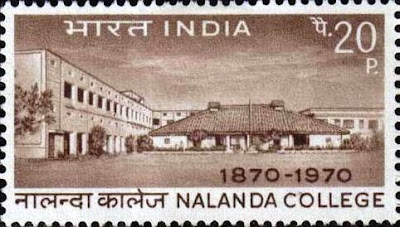Easter is a Christian holiday that celebrates the resurrection of Jesus Christ from the dead, as described in the New Testament of the Bible. It is considered the most important event in the Christian faith and is observed by billions of Christians around the world.
Easter is typically celebrated on the first Sunday after the first full moon following the vernal equinox, which places it between March 22 and April 25 each year. The date varies from year to year based on the lunar calendar.
The holiday is preceded by the season of Lent, a period of 40 days of fasting, prayer, and penance, which represents the time Jesus spent fasting in the wilderness before beginning his public ministry.
Easter Sunday itself is marked by church services, feasting, and the exchange of Easter greetings and gifts. Many Christians also participate in Easter egg hunts and decorate eggs as a symbol of new life and rebirth. Additionally, various cultures have their own unique traditions and customs associated with Easter, such as the Easter Bunny and Easter parades.
Overall, Easter holds deep religious significance for Christians and is a time of joy, hope, and renewal as they celebrate the resurrection of Jesus Christ and the promise of salvation.



















.png)











.jpg)
.jpg)
















